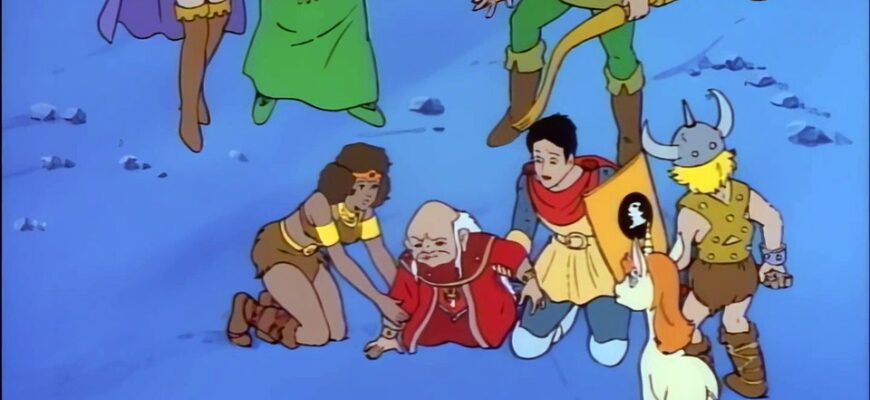The air at Estádio do Dragão crackled with an intensity that promised fireworks. Anticipation for O Clássico, the much-vaunted clash between FC Porto and Benfica, had reached fever pitch. Yet, when the final whistle echoed, it wasn`t the roar of celebration or the agony of defeat that filled the stadium, but a somewhat subdued murmur. The scoreboard, that unforgiving arbiter of footballing fate, displayed a rather diplomatic 0-0. A game of immense physical exertion, tactical rigidity, and palpable nerves had concluded without a decisive strike, leaving observers to ponder the fine line between strategic discipline and a missed opportunity for glory.
A Cauldron of Expectation, A Battle of Wills
From the outset, it was clear this was not going to be a free-flowing exhibition of attacking prowess. The stakes were simply too high. With both clubs locked in a relentless pursuit of the Primeira Liga title, every pass, every tackle, and every strategic decision was amplified under the spotlight. FC Porto, playing on home turf, initially sought to leverage their advantage, pressing high and attempting to pin Benfica deep within their own half. Early on, a promising move saw Pepê aiming for Samu in the box, only for António Silva to intervene with textbook authority, a clear signal of Benfica`s defensive resolve.
Benfica, in response, opted for a more measured approach. Their attempts to slow the tempo and circulate the ball were frequently stifled by Porto`s aggressive, coordinated press, orchestrated by the likes of Froholdt and Gabri Veiga. The opening fifteen minutes were a testament to the sheer caution permeating both camps; a tense standoff where tactical adherence overshadowed creative ventures. It was, arguably, more of a wrestling match in midfield than a ballet on the flanks.
The Dance of Defenders and the Solitude of Strikers
The first genuine moment of offensive alarm arrived only after eighteen minutes, when Gabri Veiga unleashed a shot that tested Benfica`s Ukrainian goalkeeper, Trubin, forcing a sharp save. This seemed to ignite a flicker within FC Porto, who gradually gained territory and confidence, displaying a more direct and intense style. Benfica, meanwhile, retreated into a robust defensive shell, prioritizing structural integrity above all else. Just past the half-hour mark, Sudakov briefly found a seam in Porto`s central defense, but Diogo Costa, Porto`s ever-reliable custodian, demonstrated his customary composure, intercepting the danger outside his area. The first half concluded with Porto holding a slight edge in impetus, urged on by a fervent home crowd, yet the elusive goal remained absent.
Second Half: Persistent Pressure, Fortified Defenses
The interval did little to alter the fundamental dynamic. FC Porto re-emerged with renewed aggression. Lukebakio`s dangerous cross in the 49th minute was masterfully dealt with by Diogo Costa. Down the other end, Trubin was soon called into action twice in quick succession, denying a venomous cross from Froholdt in the 52nd minute, followed by a powerful shot from Gabri Veiga just four minutes later. The goalkeepers, it seemed, were determined to keep their sheets clean.
As the clock ticked on, the Dragão faithful witnessed their team multiply their efforts, but Benfica`s defensive lines held firm. Samu`s 58th-minute attempt lacked the necessary conviction to trouble Trubin. Then came Benfica`s most significant offensive foray: a free-kick saw Kiwior connect with a header, only for it to agonizingly crash against the crossbar in the 63rd minute. It was a stark reminder that despite the prevailing caution, moments of genuine threat could emerge from the most unexpected situations.
The Inevitable Conclusion: A Scoreline of Nerves
The final minutes saw the game`s tempo noticeably wane. Fatigue began to set in, and the cumulative psychological weight of the encounter seemed to push both teams further into their shells. Benfica skillfully managed to disrupt Porto`s rhythm, effectively neutralizing their late surges. Porto, despite threatening with a shot from William Gomes in the 68th minute and a squandered opportunity by Borja Sainz inside the box in the 76th, couldn`t find the breakthrough. In a final, heart-stopping twist during injury time, Rodrigo Mora unleashed a powerful shot from the edge of the area, only to see it rebound off Trubin’s crossbar, delivering the night`s last gasp of drama.
The 0-0 draw was ultimately a reflection of a game defined more by an unwavering commitment to not concede than by a relentless pursuit of victory. Both teams displayed commendable intensity and tactical discipline, but the attacking sparkle often associated with such high-profile encounters was conspicuously absent. It was a classic where the tension was high, the effort undeniable, and the opportunities, alas, few and far between. In the grand tapestry of Portuguese football, this particular chapter will be remembered as a testament to strategic deadlock, rather than a thrilling offensive spectacle.









